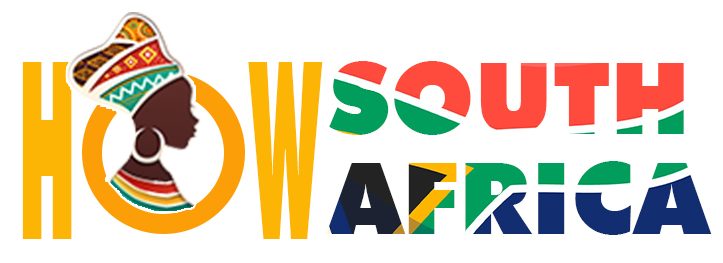South Africa’s newly elected parliament will meet for the first time on Friday, officials announced, as political parties try to build a coalition after general elections yielded no clear victors.
Lawmakers in the 400-seat National Assembly will be asked to pick a speaker and begin the process of electing the country’s president, a task that may prove more difficult than normal this year.
President Cyril Ramaphosa’s African National Congress (ANC) lost its absolute parliamentary majority for the first time since the establishment of democracy in 1994 on May 29.
The party of late anti-apartheid leader Nelson Mandela received 40% of the vote, its lowest ever total, and now requires the support of other parties to rule.
“The first sitting of the National Assembly shall be on Friday, 14 June 2024,” Chief Justice Raymond Zondo stated in an order published to the public on Monday by the justice ministry.
The ANC has previously stated that it intends to build a government of national unity with a diverse range of opposition groups, from the extreme right to the hard left.
The plan received a cold reaction last week, with the radical leftist Economic Freedom Fighters (EFF) initially criticizing the concept of collaborating with competitors with drastically different political views, such as the centre-right Democratic Alliance (DA).
However, conversations continued throughout the weekend, and top leaders of certain parties, including the DA, were holding internal consultations on Monday to determine a path ahead.
Meanwhile, former President Jacob Zuma’s uMkhonto weSizwe (MK) party, which finished third in the election with 14.6 percent of the vote and 58 seats, announced that it will submit a judicial appeal to block the new parliament from starting, pending a separate complaint about alleged election violations.
The ANC will have 159 members in the National Assembly, a decrease from 230 in 2019.
The DA gained 87 seats on a liberal, free-market platform.
The EFF secured 39 parliamentarians and advocates for land redistribution and the nationalization of important economic industries.





